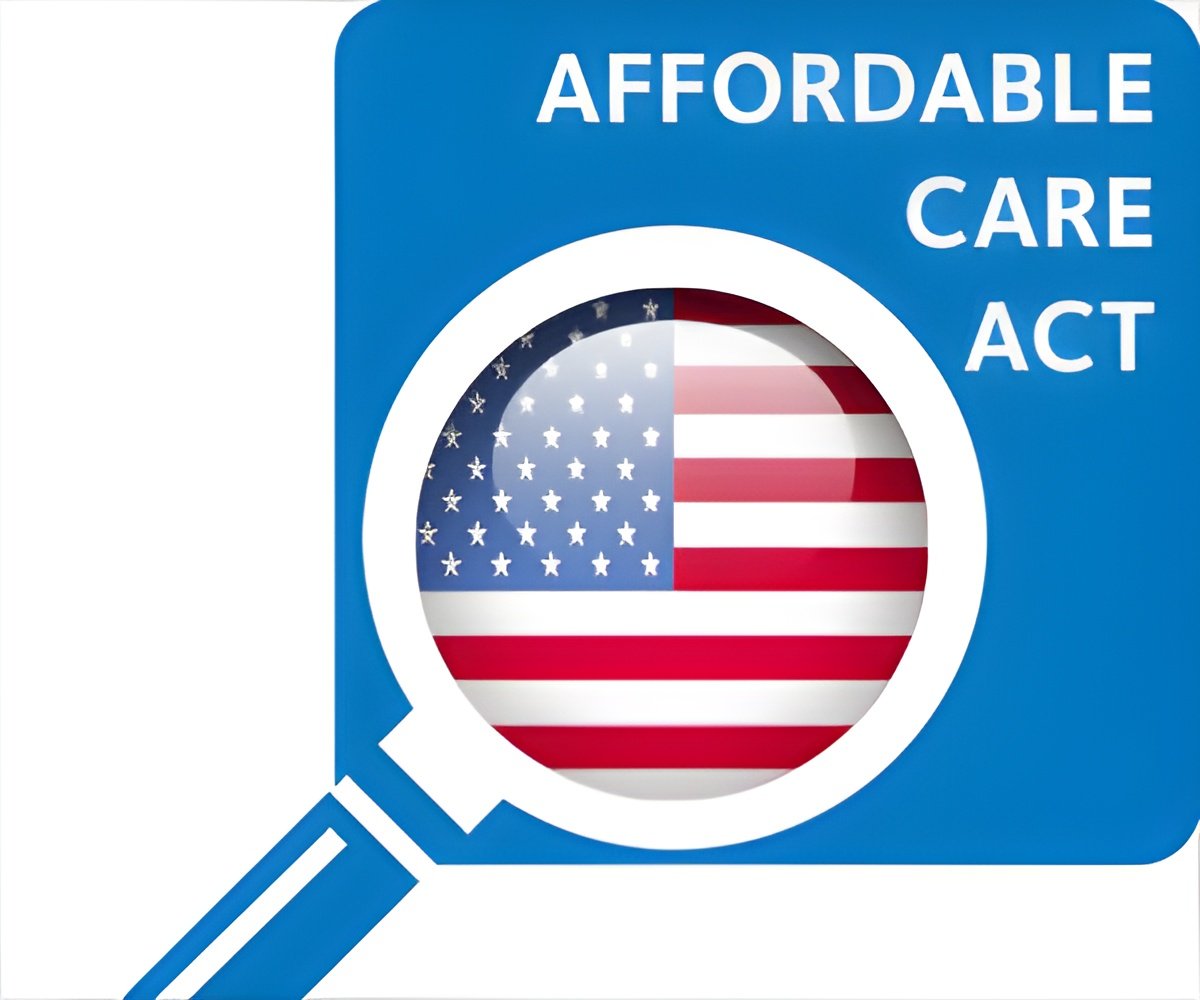The court’s ruling was of great importance to the Lower and middle income people of America.

After initially brushing aside the lawsuit as frivolous, federal health officials have in recent months begun to take it seriously, fearing that it could upend the health care law and jeopardize coverage for millions of people who could not afford insurance without subsidies.
Republicans in Congress have repetitively asked the administration how it would react if the court agreed with the plaintiffs.
In response on Tuesday, Ms. Burwell said, “We know of no administrative actions that could, and therefore we have no plans that would, undo the massive damage to our health care system that would be caused by an adverse decision.” Ms. Burwell has refused to answer such questions in the past, saying she was focused on increasing the number of people who signed up for coverage in the open enrollment period, which ended Feb. 15.
Ms. Burwell was pessimistic of what would happen if the court ruled against her. “Millions of people would lose their health insurance subsidies and therefore would no longer be able to afford health insurance,” she said. “Second, without tax subsidies, healthy individuals would be far less likely to purchase health insurance, leaving a disproportionate number of sick individuals in the individual insurance market, which would raise the costs for everyone else.”
The health care law offered subsidies, in the form of tax credits, to low- and moderate-income people who buy insurance through “an exchange established by the state.”
Advertisement
“Had the I.R.S. from the start made clear that subsidies were limited to state exchanges, states would not have overwhelmingly refused to establish them,” Mr. Carvin told the court in a brief filed last week.
Advertisement
Source-Medindia









